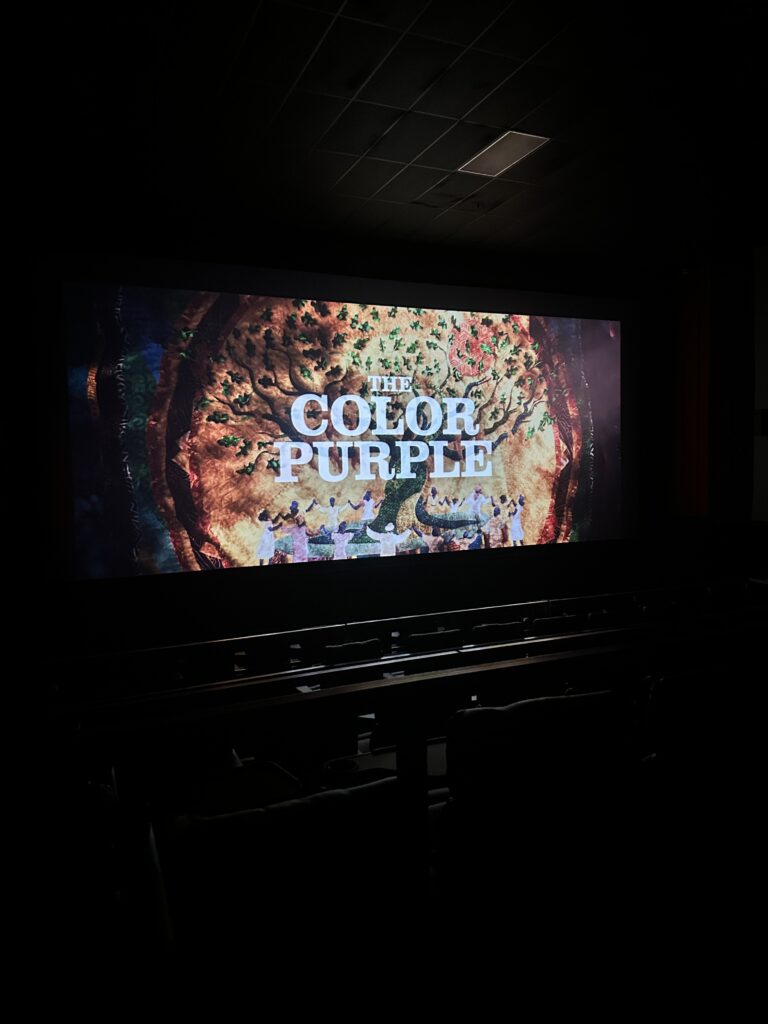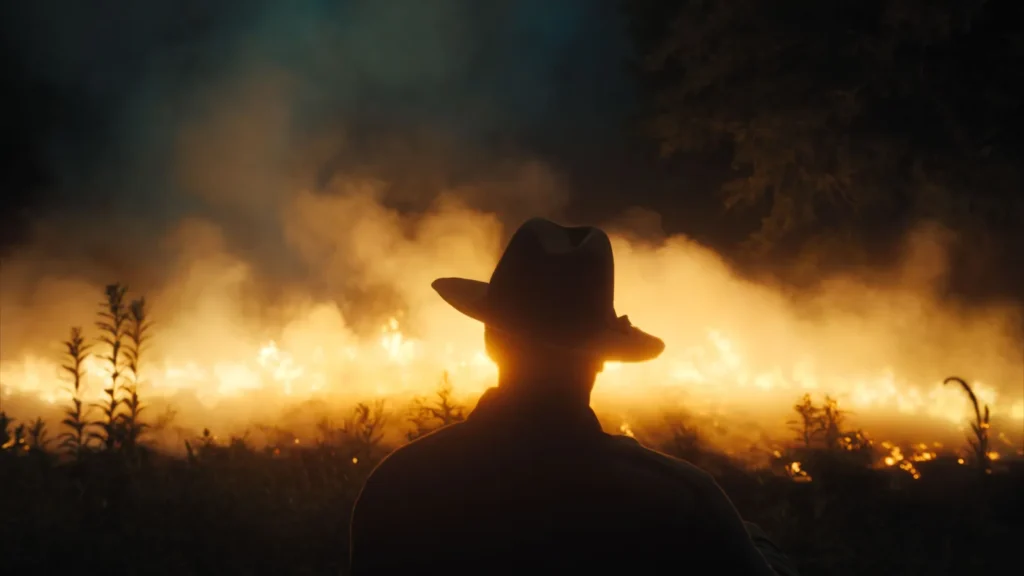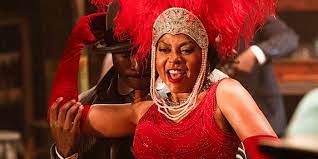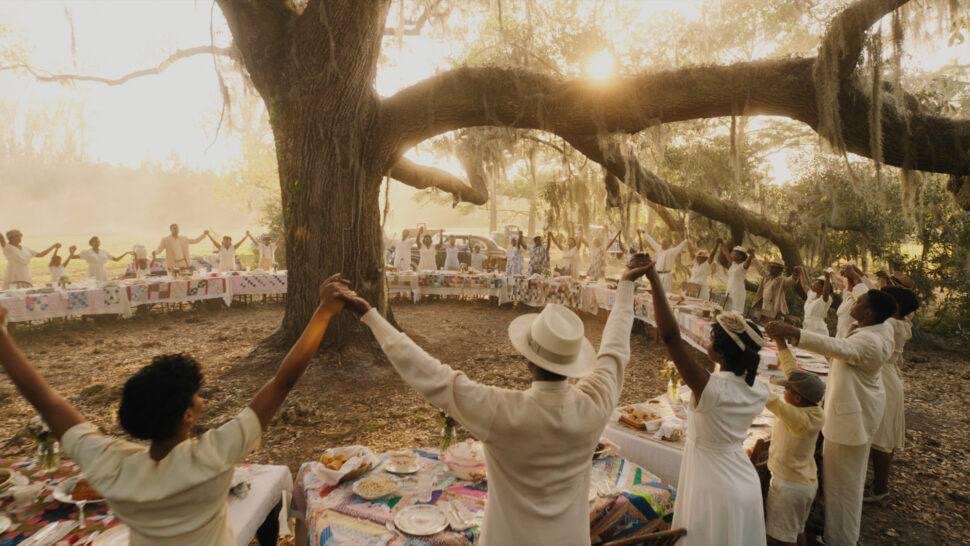The Color Purple

The newest version of the Color Purple was released on Christmas Day. We were in Baltimore visiting family and the Ravens played on Christmas Day, so I didn’t see it on opening day. I’m in Hobbs, NM, a small town in southeast New Mexico near the Texas border, and I went on the eve of Thursday, December 28th to see it. There was one couple in the theater so I’ve been calling it my very own private viewing. Which in some ways I think I conjured. Before going that evening I posted this comment on my Facebook:
I listened to Alice Walker read the Color Purple on my 5 hour drive to Hobbs this morning. A book I’ve read countless times. The original movie I’ve watched even more. Yet hearing her voice narrate her words brought the story to life in a new way for me. Her voice is steady, gentle, with some sweetness and a whole lotta truth.
I plan to see the new movie by myself this weekend while in Hobbs. It’s a weird feeling to have the work of someone who is so dear and transformative to my life be consumed in such a mainstream way. I feel defensive of critique assuming folks don’t know what this work means to us. How deep our literary giants and culture workers shape our lives. I’m feeling emotional already. 💜
Then I went and basically had the entire theater to myself.
First, let me begin by saying, Alice Walker, bell hooks, Audre Lorde, June Jordan, Toni Cade Bambara – Black women writers have formatively shaped the woman I am today. So the work of the Color Purple is deep to me. There’s no surface consumption about it.
The creative visioning director Blitz Bazawule brought to Alice Walker’s book, the original movie, and the Broadway play was remarkable. The cast doesn’t get more dynamic than the heavy hitters of this film. On a live Zoom call last week with Oprah and Blitz, she shared how he came in with his vision boards for the film and he stood out from the rest of what they had seen. As someone who has read the book multiple times, watched the original movie basically anytime it is on tv, and listened to Alice Walker read the book on Audible just before going to see the movie, I would encourage people to read the book or watch the original movie before. They will give context and fill out the story that simply doesn’t have space in a musical. Standing alone the movie is excellent but I believe I enjoyed it more because I had the full context.

I have consumed a lot of media about the film. I think it’s worth it. A black author, Black producers, Black director, all-star Black cast of a classic. This is a film for a generation and I want to take it in with all my senses. I encourage others to fall in love and do the same. I listened to Fantasia being interviewed by Oprah on Super Soul Sunday where she talked about playing Celie on Broadway and how she has grown in her own healing in approaching Celie for this film. I honor her truth so deeply. She also shared a moment with her real life husband where he saw the scene in the picture above and described it as “the moment when you realize that a Black woman’s presence is gone”. That settled in me because some of us know that moment, the blessing, and covering we bring to our households. Too often dishonored and abused while it’s there but deeply felt once it’s gone.
I also really enjoyed Taraji’s interview with Oprah on Super Soul Sunday. I learned a lot about her formal training and education in acting and singing that I didn’t know. I appreciate her craft and knowing what’s needed for film versus theater. She’s a true professional. I listened to this podcast before watching the movie so knew that the “Push the Button” scene had been filmed some 80+ takes. Take a listen to hear what she went through in filming that!

Now for a moment of serious talk. A week before the film was released I joined a live Zoom call with Oprah and many different Black led organizations to celebrate the film and encourage mass participation on opening day. It was a delight to be in that space and I enjoyed hearing directly from Blitz about his vision for the film and the cast. He explained that having grown up around trauma and abuse he knew that Celie wasn’t a docile woman but had great agency and chose when to use it just as those in his life he knew had done. After watching the film I can see how he carried that vision forward. Also on that Zoom call was a men’s panel made up of several pastors and leaders of national organizations. One of the things that stood out to me, and actually bothered me, was the repeated emphasis and what I felt was over glamorization describing the film as being one of redemption, forgiveness, and grace. I was yelling at my iPad “for who”?
You see, Alice Walker’s book has been on banned book lists. The original movie upset some Black leaders that they called for a boycott. It’s not a soft story. It’s a story of childhood sexual abuse at the hands of those who should have been raising and nurturing their children. It’s the story of child marriage. It’s the story of domestic violence. It’s a story of girlhoods stolen. It’s a story of patriarchal violence at the hands of Black men and racial violence at the hands of white people.
So when I heard man after man on this panel talk about redemption and grace, I wanted it to be clear the redemption and grace Alice Walker wrote about in The Color Purple in my understanding was reserved for Celie, for Nettie, for Ms. Sophia, for Shug Avery, and for every Black girl and woman who was bent over at every turn but yet did not break. The story of grace and healing isn’t a write-off of the terribly brutal harm and cruelty for those who literally tried to break them and used them as rags. No. I believe the God who delights in us noticing the color purple also delights in those whose spirits were not broken in spite of being redeemed.
I felt the panel was a missed opportunity and I don’t want us to miss this moment. It is an opportunity to talk about patriarchal violence and misogynoir in our communities. It’s a moment to acknowledge the cruelty and brutality that has at times been inflicted on Black girls and women, a legacy of slavery that Black girls and women can be used, abused, and still work hard and raise theirs and other people’s babies. It’s also a moment to be honest that Ms. Sophia’s words still ring true in 2023 “a girl child ain’t safe in a family of men”. By acknowledging this and not covering it with feel good messages of redemption and grace, it’s not saying any one person or man on that panel has perpetuated that violence, but to say we know this to be true and we will start holding other men who do perpetuate that violence to account.
What Blitz did in the final scene is what glory looks like to me. When a dear sister friend posted this photo I commented, “this is what healing looks like to me”. And does.

Since I started drafting this post a new episode of Oprah’s Super Soul Sunday has been released with an interview with Danielle Brooks. She’s so full of joy!